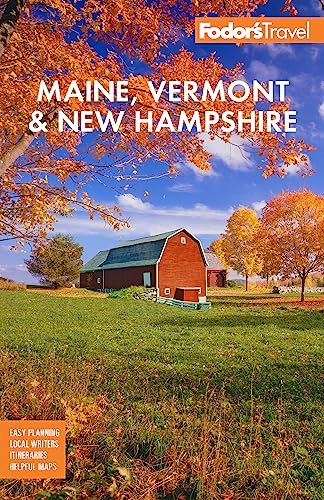With 113,000 residents, New Hampshire's largest city grew up around the Amoskeag Falls on the Merrimack River, which drove small textile mills through the 1700s. By 1828 Boston investors had bought the rights to the Merrimack's water power and built the Amoskeag Mills, which became a testament to New England's manufacturing capabilities. In 1906 the mills employed 17,000 people and churned out more than 4 million yards of cloth weekly. This vast enterprise served as Manchester's entire economic base; when it closed in 1936, the town was devastated. Today Manchester is mainly a banking and business center, but many of the old mill buildings have been converted into condos, restaurants, museums, and office space, and both the dining and arts scenes have flourished in recent years.
Manchester
Explore Manchester
Elsewhere In The Monadnocks and Merrimack Valley
Plan Your Next Trip
-
Things To Do
-
City Guides
-
Hotels





